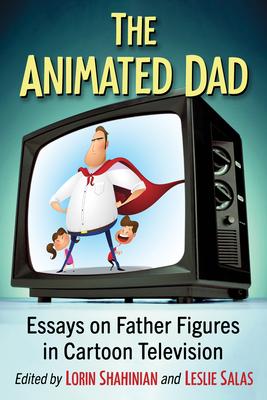The Homer Simpson-esque stereotype has been a persistent trope in cartoons since programming aimed directly at children and adolescents began. Young viewers are exposed to the incapable and incompetent "hapless father" archetype on a regular basis, causing both boys and girls to expect the bare minimum of fathers while mothers hold the responsibility for all domestic and parenting work. Cartoons rely heavily on toxic stereotypes for ratings, when in fact, healthy representations of fathers are just as successful in maintaining viewership.
Eleven essays, written by scholars from around the world, investigate the topic of fatherhood as it is represented in children's animated television shows. Main themes that emerge include absent and negligent fathers, single fathers, generational shifts within families, and raising the standard of fathering by creating secure bonds between father and child. The authors uncover problematic fathers, imperfect yet redemptive fathers, and fathers who embody idealized parenting traits through some of our most beloved animated dads. This collection demonstrates the impact that media representations of father figures have on young viewers and argues for better role models.
